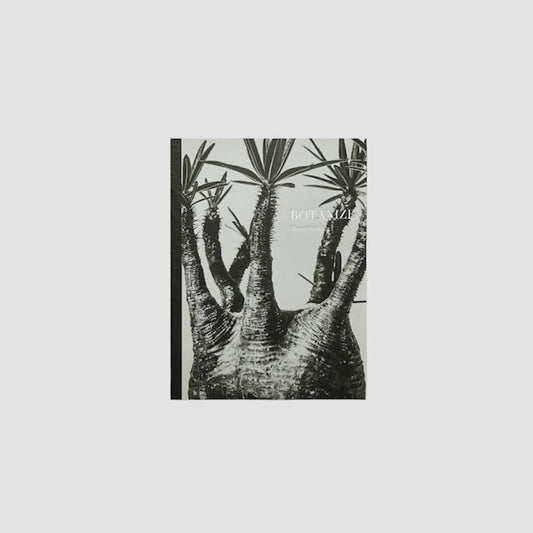コレクション: MEISA FUJISHIRO
写真家 / 文筆家
90年代から写真家としてのキャリアをスタートさせ、以後エディトリアル、コマーシャル、アートの分野を中心として活動。
主な写真集として、2年間のバックパッカー時代の世界一周旅行記「ライドライドライド」、
家族との日常を綴った愛しさと切なさに満ちた「もう家に帰ろう」、
南米女性を現地で30人撮り下ろした太陽の輝きを感じさせる「肉」、
沖縄の神々しい光と色をスピリチュアルに切り取った「あおあお」、
高層ホテルの一室にヌードで佇む女性52人を撮った都市論的な試みでもある「sketches of tokyo 」、
山岳写真とヌードを対比させる構成が新奇な「山と肌」、
90年代のクラブカルチャーをドキュメントした「90nights」など、
一昨ごとに変わる表現法をスタイルとし、それによって写真を超えていこうとする試みは、
アンチスタイルな全体写真家としてユニークな位置にいる。また小説家としても知られ著作に「誰も死なない恋愛小説」「ドライブ」がある。
第34回講談社出版文化賞写真賞受賞
Meisa Fujishiro
Photographer / Writer
Fujishiro began his career as a photographer in the 1990s and has since worked mainly in the fields of editorial, commercial, and art photography.
His major photo books include:
・Ride Ride Ride, a travelogue documenting his two-year journey around the world as a backpacker.
・Mou Ie ni Kaerou (Let’s Go Home Now), a tender and bittersweet chronicle of everyday life with his family.
・Niku (Flesh), featuring portraits of 30 South American women that radiate the brilliance of the sun.
・Aoa o, a spiritual exploration of Okinawa’s divine light and color.
・Sketches of Tokyo, an urban study capturing 52 nude women in high-rise hotel rooms.
・Yama to Hada (Mountains and Skin), a groundbreaking composition contrasting mountain landscapes with nudes.
・90nights, a documentary on 1990s club culture.
Constantly shifting his methods from one project to the next, Fujishiro embraces a style of transformation itself, attempting to transcend the boundaries of photography. This “anti-style” approach positions him uniquely among contemporary photographers.
He is also known as a novelist, with published works including A Love Story Where No One Dies and Drive. He received the 34th Kodansha Publishing Culture Award for Photography.
-
“BOTANIZE”MEISA FUJISHIRO
通常価格 ¥13,200(税込)通常価格

